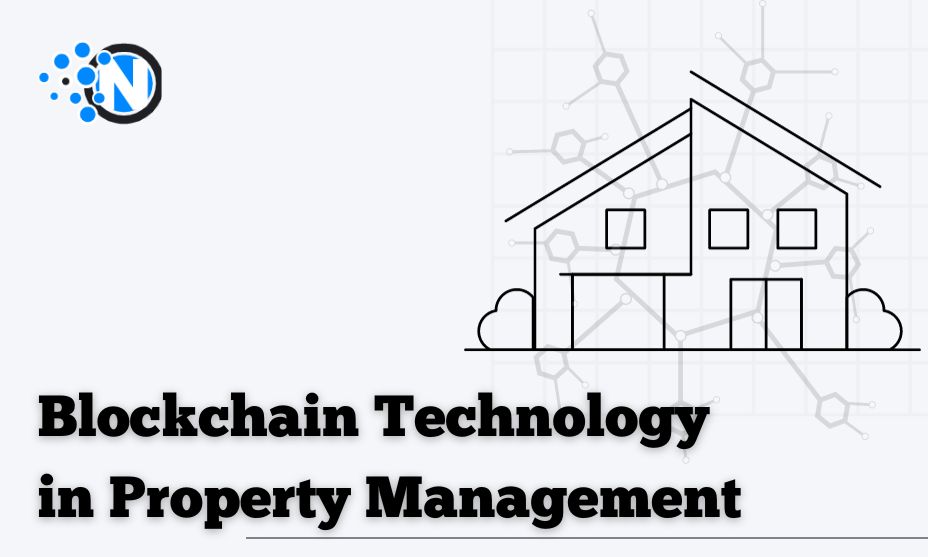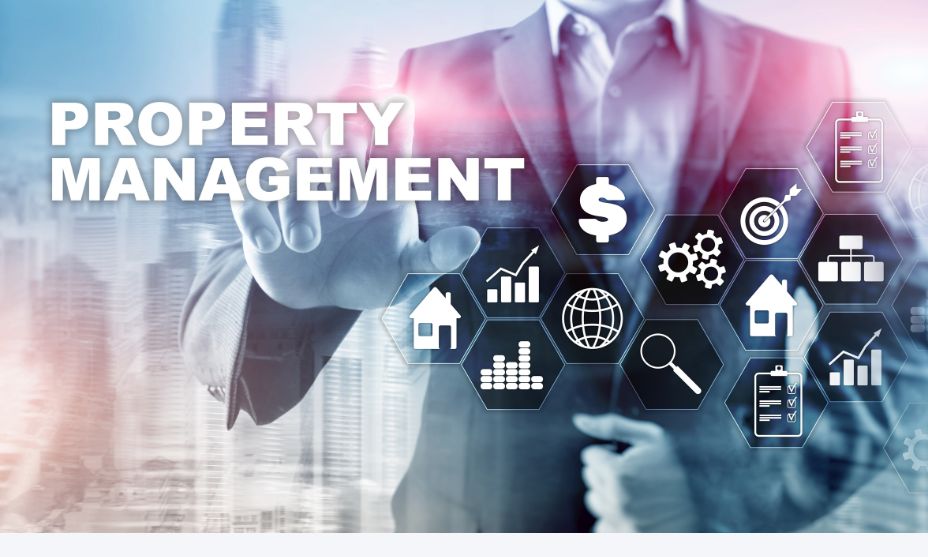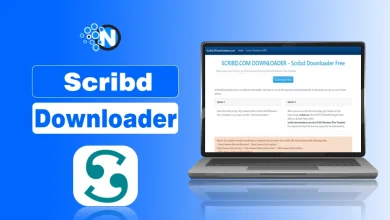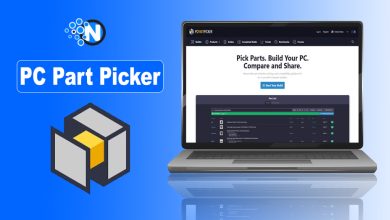Are Property Management Companies Ready for Blockchain Technology?

While blockchain technology holds promise for revolutionizing industries like property management, questions remain around its adoption. With consumers demanding greater transparency, security, and efficiency in real estate transactions, the technology could optimize processes for property managers. By enhancing verification and record-keeping, blockchain could streamline tasks and build trust across different stakeholders involved. However, significant complexities exist in implementing such transformative technology. Property management firms will need to invest in understanding blockchain’s myriad applications and integrating it securely. As knowledge grows regarding how blockchain may resolve longstanding challenges, property managers can better prepare to capitalize on emerging opportunities. For now, both potential benefits and open questions surround blockchain’s role in this sector.
Anticipating the Blockchain Revolution: Preparing Property Management for the Future
Incorporating distributed ledger technology into a property management business plan could dramatically transform processes. Real estate dealings, which traditionally involve much effort and time, can be significantly streamlined. For example, smart agreements recorded on the distributed ledger can automate collecting rent payments, handling maintenance requests, and even solving disputes. As part of the strategy, firms focused on property management must commit to educating their team to comprehend and leverage distributed ledger technology. Moreover, a gradual roll-out approach could be adopted to test implications and make changes as needed. The ultimate aim should be enhancing transparency, boosting operational efficiency, and offering excellent service to clients.
Exploring the Role of Blockchain in Property Administration
Blockchain technology refers to a decentralized digital ledger that records data through an encrypted and secure protocol. In the field of property management, this can contribute to a higher level of transparency and accountability that may improve trust between property managers and tenants. Different processes of property management such as inspection, rent collection, and maintenance requests can be automated through blockchain technology by using smart contracts, which will reduce the friction present within it.

Advantages of Property Management with Blockchain Technology
Taking account of perplexity and burstiness, blockchain technology stands to bring numerous advantages when applied to property management. Perhaps the most notable gain is strengthened data security and transparency. Being immutable, the blockchain ensures all information entered remains unalterable, boosting reliability and ensuring authenticity. This characteristic of the distributed ledger also serves to expedite transactions while reducing costs by minimizing intermediation from entities like banks in property conveyancing. Overall, properly harnessing this novel technique promises a more efficient and trustworthy system for all involved in real estate transactions.
Overcoming Obstacles in Adopting Blockchain Technology for Property Management
Blockchain technology undoubtedly has incredible promise to revolutionize property administration. However, certain obstacles still need resolution. A major challenge is the deficiency of knowledge and comprehension of blockchain technology. Numerous property administration firms remain oblivious to the likely advantages of the innovation and may not invest due to perceived intricacy and expense. Moreover, the sophisticated nature involved in developing and executing the technology necessitates substantial financial commitment of time and money.
How Property Management Companies are Harnessing the Power of Blockchain Technology
While blockchain technology poses difficulties, some property management firms have begun examining its prospective benefits. For example, Dubai’s government launched Ejari, a blockchain-driven rental platform facilitating rental contract registration. Additionally, the United States’ Propy real estate agency applies blockchain to streamline property sales transactions.
Pitfalls of Integrating Blockchain in Property Administration
Property managers must cautiously examine both the advantages and disadvantages that blockchain technology can bring, as while it has many possible benefits, there are also risks to consider. Most important is that blockchain remains in its early phases, with many uses not yet tried in practical settings. This introduces risks relating to whether it can efficiently handle large volumes of transactions as typically seen in property management. Challenges with processing high numbers of dealings may restrict how useful the tech is for this industry’s normally heavy transaction load.
Furthermore, blockchain’s decentralized nature increases transparency and security by widely dispersing data across many computers. However, this also implies that mistakes or fraudulent activities will remain visible without any option for removal. This immutable characteristic could prove problematic if inaccurate data is accidentally added to the network. As a result, extra care must be taken to validate all information before incorporation into the blockchain to avoid lasting issues from fleeting errors.

Blockchain technology also carries the hazard of technical datedness. Technological progress happens quickly and consistently, and a more effective technique may substitute blockchain in the forthcoming years, resulting in a likely waste of the investments made in incorporating blockchain.
There are a few final considerations with adopting blockchain technology for property management. While blockchain decreases the need for middlemen, implementing it would require buy-in from regulators and adjustments to existing legal structures. Gaining this acceptance could be a lengthy and intricate process, introducing uncertainties and potential barriers to blockchain’s adoption in managing real estate. Careful navigation would be needed to smooth the path from idea to implementation.
Ending Note
The blockchain presents vast prospects for property management firms to enhance their procedures and decrease expenses. Through heightened security, efficiency, and transparency, property management companies can improve trust with their renters and stakeholders. While the technology may be intricate and necessitate substantial investments in time and resources, it is crucial for property management firms to embrace innovation to stay competitive. With examples of companies presently utilizing the blockchain, property management companies possess a blueprint to follow in exploring the potential of the blockchain in property administration. The inquiry is, are property management firms prepared for blockchain technology? The answer relies on the readiness of the companies to accept the test of adopting the technology.




